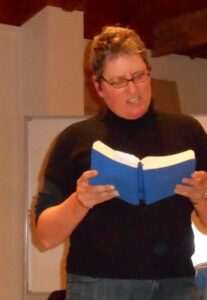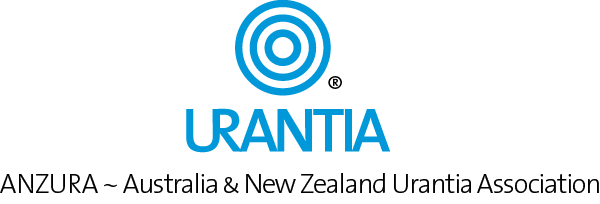
It’s easy to feel insignificant when you are a New Zealander. We are a small country, stationed at the end of the world, a long way from the turmoil in Europe, with its influxes of refugees and constant economic and political readjustments. Although we have finally joined the rest of the world in being subject to a horrifying race-based terrorist attack, we are protected by distance from the major theatres of war and are a very minor power when it comes to trade agreements, military alliances and political influence. We are a little fish in a very big sea.
All the same, our reputation is for creativity and ingenuity in the face of hardship. We have always punched above our weight in areas of niche expertise, and as well as excelling in sport – every now and then we produce an exceptionally famous mountain climber or physicist. But more importantly, we have often been willing to stand up for our principles in the face of significant pressure. We were the first nation to grant women the vote. And despite our military alliances with some of the greatest powers of the world, we still do not allow nuclear warships to visit our shores. Perhaps our anti-nuclear position is tolerated because we cooperate with our allies in other significant ways; or perhaps they just like our dairy products so much that they can’t risk losing us to China. Whatever the case, despite our small stature internationally, we have shown the world that it is possible to take a principled stand on what we consider to be a moral issue; it is possible to say “no” to powerful friends, and it is possible to be diminutive in size and still lead by example. Hopefully we have gained respect and made a difference by choosing to “swim against the tide”.
I like to think that New Zealand’s small local Urantia Book readership is doing something similar. Again, we are small in numbers; and only a fraction of those who read the book in New Zealand show up for our fortnightly zoom meetings. We struggle with the same issue facing community groups everywhere – how to attract young people into our existing organisations in order to preserve the knowledge capital painstakingly acquired, and stave off the eventual collapse of the group. Perhaps this is unavoidable, and even necessary? It is certainly hard to know how to hand over the baton when there are so many competing influences vying for the attention of our youth – especially the internet with all its brilliant advantages and terrible pitfalls.
The current tsunami of gender-dysphoric youth demonstrates not only the potential negative power of “vicious minorities” (70:12:11) but also the struggle for real quality of thought. “At first life was a struggle for existence; now, for a standard of living; next it will be for quality of thinking, the coming earthly goal of human existence.” (81:6.28) Fake news abounds; AI can make anything look real. Paper 99 – Social Problems of Religion – tells us:
The social ship has steamed out of the sheltered bays of established tradition and has begun its cruise upon the high seas of evolutionary destiny; and the soul of man, as never before in the world’s history, needs carefully to scrutinize its charts of morality and painstakingly to observe the compass of religious guidance.” 99:1.3, (1086)
Clearly, split infinitives provide no obstacle to continued progress, but for the average mortal, it is hard to know how best to contribute to the process, particularly when the traditional Christian message is so desperately unfashionable.
It goes without saying that few of us can hope to have any effect whatsoever on the mammoth issues besetting the world: centuries old racial conflicts and wars between superpowers. For the average mortal with limited personal influence, all that stuff is the domain of the Seraphic Planetary Government and the Reserve Corps of Destiny (see Paper 114). I believe we do enough by believing in “the fatherhood of God, and the brotherhood of man” demonstrating our belief in this ultimate message through social service and the way we treat our fellows, and standing up for our principles as best we can.
I believe we also serve by seeking the company and support of like-minded others and by each striving in our own way to find a socially fragrant way of living. Our small readership group has been going for so many years now that we have become warm friends. Our yearly get-togethers provide a refreshing opportunity to deepen those friendships, to learn from each other’s experiences and to practice tolerance and the arts of social adjustment which are so necessary to fostering group harmony in any environment. These are all qualities we take out into the world with us in our lives outside the group. Even if we are small in number, and it seems we are often “swimming against the tide”, we are truly being New Zealanders, and as usual, although there are not many of us, we do have an effect. By continuing to read the book together and continuing to share opportunities for fellowship, we are contributing to social evolution in ways we cannot predict but can be confident about. “The act is ours: the consequences God’s”. (556:13)

